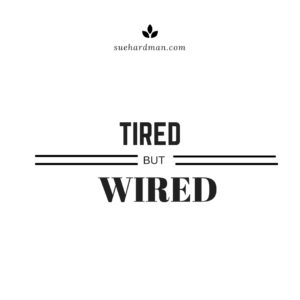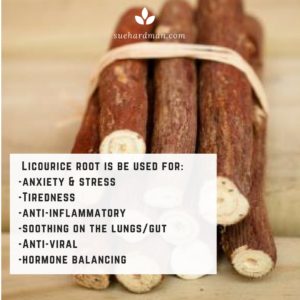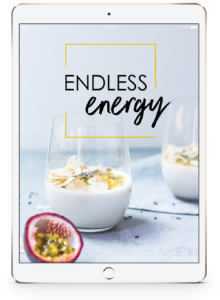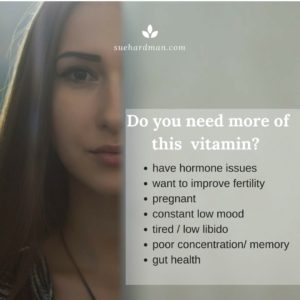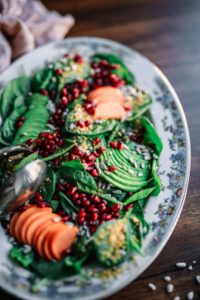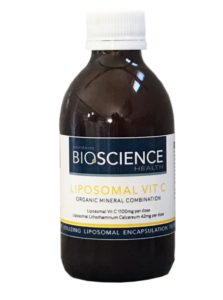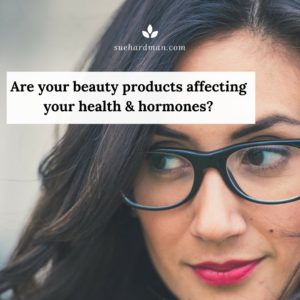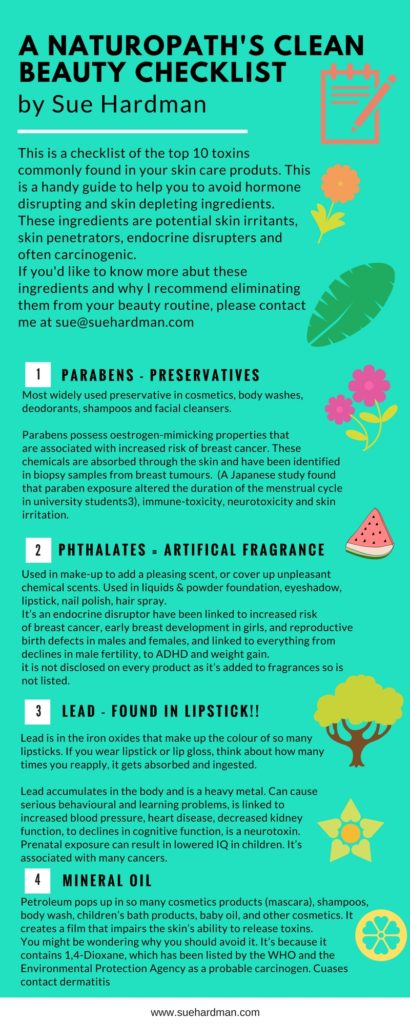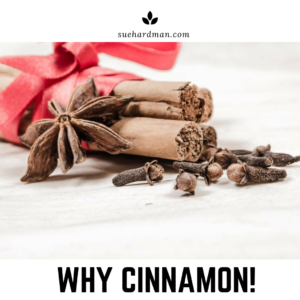I’m sure you’re wondering, ‘how can my water eyes, running nose and sneezing be connected to my gut?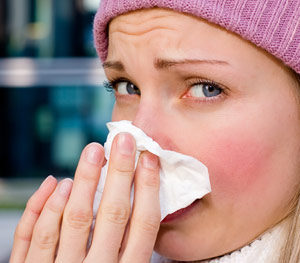
Allergies and Hay fever – think itchy, red, puffy eyes, sniffles, endless sneezing, sinus headaches, a runny or congested nose and generally feeling miserable.
Hayfever can range from being mildly irritating – to being fairly debilitating depending on the severity of your symptoms. It’s caused by an allergic reaction to pollen produced by grasses and trees that mainly flower in the spring and summer.
Hay fever is sometimes confused with a condition called allergic rhinitis, as the symptoms are similar to hay fever but occur all year round. Common causes of allergic rhinitis include dust, hair, food allergies, pesticides, chemicals and pollution.
Many people with hay fever and allergic rhinitis almost always have a sensitivity to certain foods, the most common being wheat and dairy, but some sufferers have problems with anything from eggs to bananas
What your immune system does in an allergic reaction?
Allergies or Hayfever occurs when your immune response has gone rogue. In an attempt to protect the body, the immune system has mistakenly identified foods, dust and pollen as harmful invaders which need to be removed.
Special immune cells present in the mucosal surfaces of your body – nose, lungs and gastrointestinal tract, detect the allergen. Your immune system will then generate IgE antibodies, which are your body’s defence in response to specific allergens.
When these antibodies are released, it creates a cascade of events that lead to a large amount of histamine being released in your body. Histamine acts on your skin, eyes, nose, throat and lungs creating the common symptoms of hives, itchy eyes, runny nose, sneezing and coughing. From then on, if you are exposed to that allergen, an allergic response is triggered.
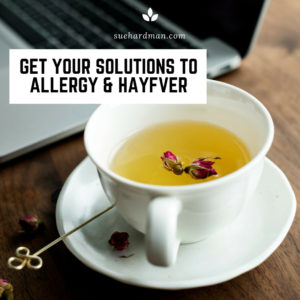 9 Ways To Manage Itchy, Sneezy, Wheezy & Dopey (Allergies / Hayferver Symptoms)
9 Ways To Manage Itchy, Sneezy, Wheezy & Dopey (Allergies / Hayferver Symptoms)
Immune Boosting Anti-Allergy diet To Reduce Symptoms
Introduce Friendly Foods:
- Garlic and onions are high in the flavonoid quercetin which can help reduce the severity of allergic reactions.
- Nettle tea helps to ease the symptoms of allergies.
- Dairy free alternatives to cow’s milk are rice, oat and pea milk.
- Have a freshly squeezed vegetable juice in the morning, especially beetroot, artichoke, a little garlic, ginger, apple and carrot which boosts the immune system and helps eliminate support liver function.
- Bio-flavonoids are important protectors of mucous membranes, therefore unless you have an intolerance to these foods, eat plenty of blueberries, blackberries, strawberries, kiwi fruit and include plenty of fresh vegetables, brown rice and whole grains in your diet.
- Up your consumption of fresh fruits and vegetables. Have at least 3 servings of fruit, a large mixed salad and 3 portions of vegetables daily. Choose local, organic produce (organic to avoid pesticide residue which is an allergen).
- Increase intake of omega-3 fats by eating plenty of unfried, un-breaded oily fish such as anchovies, mackerel, sardines, wild or organic salmon, kippers and fresh, tuna. Also add plenty of freshly ground linseeds and pumpkin seeds to cereals, salads and soups every day.
Remove (or minimise) possible allergenic foods
One of your powerful leverage points is to identify and remove the problem foods.
- Highly allergenic foods to also consider removing are – wheat, gluten (rich in wheat, rye and barley) and yeast. Don’t underestimate the potent inflammatory capacity of sugar and processed foods. Via numerous mechanisms, not the least of which is increased insulin and arachidonic acid (think inflammation), sugar will drive inflammation and heighten an allergic response.
- You may have other food intolerances due to digestive problems. Disruption in your gut enhances allergic potential.
- Avoid alcohol – it’s a major gut disruptor which increases your allergic potential. Drink 2 litres of pure, filtered water a day.
Restore Your Gut Microbiome
Many people with an allergy are likely to have gut dysbiosis to varying extents.
Start with a good probiotic, Lactobacillus and Bifidobacteria, primarily. Also fermented foods – sauerkraut and kimchee.
Probiotics – A study, using a combination of Lactobacillus and Bifidobacteria, published in the American Journal of Clinical Nutrition gave 173 sufferers, during hayfever season, either 2 capsules of probiotics providing 3 billion units of bacteria or identical placebos in this randomised controlled placebo trial.
At the end of 8 weeks those taking the probiotics had improved (less symptoms) by 68%, compared to the placebo group who reported 19% improvement. So, those on probiotics had improved by 49% compared to placebo. Consider taking a probiotic supplement if you have allergies or during hayfever season.
To understand your microbiome make-up a comprehensive stool analysis is important and useful for allergy patients.
Repair your gut lining integrity
Some sufferers may have long-term poor digestion, candida, or a leaky gut – this is when undigested food molecules pass through the ‘leaky’ gut wall and into the bloodstream, which can provoke an immune response.
Glutamine is an essential part of any regime designed to quickly restore the healthy mucous membranes of your gut and reduce allergic potential.
It is also a powerful nutrient for supporting proper immune function and protecting the liver, therefore it’s often an essential part of healing a leaky gut – thereby reducing your allergic potential – but for anyone experiencing allergy symptoms.
As part of a daily anti-allergy regime take 500mg. If you think you may have a leaky gut (which usually goes hand in hand with allergies), take up to 8g a day for three weeks. Drink on an empty stomach first or last thing.
Reduce symptoms
The faster you can reduce histamine, the better.
Try sodium bicarbonate on occasion for acute flares – ¼ to ½ tsp of bicarbonate can increase pH just enough to quickly and temporarily reduce histamine release. There is a potassium bicarbonate is you need to avoid sodium.
It’s also important to remove the inhalant antigenic load as much as possible. Neti pots are a great tool for rinsing the sinuses.Air conditioners may be essential during peak allergy season for some folks.
Anxiety is common amongst allergy sufferers. Heightened stress can influence the allergic response.
Think about stress management – meditation, exercise, sufficient sleep.
Consider Supplementing
Vitamin C– is the most important anti-allergy vitamin. It is a powerful promoter of a strong immune system, immediately calms down allergic reactions and is also anti-inflammatory.
2,000mg (2g) is optimum for most people. If you are suffering from allergic symptoms, you might want to take twice this amount on a regular basis.
Increase your vitamin C intake through food by eating plenty of fresh fruit and vegetables,
Quercetin –is a natural bioflavonoid that is said to help stabilise mast cells to keep them from releasing histamine. It is also a potent antioxidant that is said to help reduce inflammation.
Quercetin is found in red onions, apples and berries
Supplementing effective amounts may be necessary if you’re suffering with allergies.
Take 500mg three times a day if your symptoms are severe, then drop down to 500mg once a day once your reaction is under control.
MSM – has benefits for allergy sufferers. A study, 55 volunteers diagnosed with seasonal allergies were given 1,300mg of MSM twice daily for 30 days. A significant reduction in symptoms of both the upper respiratory tract (including nasal congestion) and lower respiratory tract (including cough) was seen.
As long as you’re still suffering from any allergic symptoms, or are in pain, it’s well worth supplementing MSM on a daily basis. Start with 1,000mg.
Include a B complexto support histamine removal. Think about improving tolerance reducing heighted allergic response i.e Vitamin D and vitamin A
Botanical approaches
Histamine can also be reduced and your immune system boosted by using Albizia, Baical Skullcap, Elder fowers, Eyebright, Goldenrod, Nettles, butterbur, Boswellia, Echincea, curcumin, ginger are known to reduce/inhibit the potently pro-inflammatory response.
Eyebright– contains aucubin, which decreases tissue inflammation. It is also reduces the formation of mucus reducing the runny nose and blocked sinuses.
Eyebright can be taken as a tea or tincture and also used topically (diluted) as an eyebath to improve symptoms of redness and itchiness in the eyes. If using the tea topically on the eyes make sure you strain it well to avoid getting plant particles in your eye.
Chamomile– may be known as “mother of the gut” it’s very handy to help with hay fever symptoms. Like nettle it reduces histamine and helps to stabilise mast cells. Studies have shown it to have particular benefit in reducing itchiness.
Curcumin – is the natural anti-inflammatory agent found in the spice Turmeric. A placebo controlled trial – “Curcumin alleviated nasal symptoms (sneezing and rhinorrhea) and nasal congestion through reduction of nasal airflow resistance.” said the researchers, inflammatory markers were reduced significantly.
Possible Nutritional supplements
SinuPlex– is a natural anti-inflammatory and a natural antihistamine. If you suffer in every season of allergens, you can take it every day, or as needed when your season starts is a unique blend of vitamin C, quercetin, stinging nettle root extract, bromelain, and N-acetylcysteine—designed to support healthy respiratory function.
AllerDHQ incorporates bioflavonoids, micronutrients, proteolytic enzymes, and herbs into a comprehensive formula that provides multifaceted support for individuals with immune imbalances. Dihydroquercetin is a key component in inhibits oxidation, is bioactive, and is highly absorbable. AllerDHQ supports the body’s regulating function in addressing an overactive or distressed histamine response that are sometimes brought on by the environment.
Contact me directly to order these products (sue@suehardman.com)
Specialised Herbal Complexes
Albizzia complex– Relief of the symptoms of allergies.
Traditionally used to relieve the symptoms of allergy and inflammation of the skin.
The combined action of these herbs is anti-allergic and anti-inflammatory, reducing both the allergic response and its inflammatory consequence. Albizzia has been used in Ayurvedic medicine to relieve the symptoms associated with allergy and inflammation of the respiratory tract and skin.
Eyebright Complex are primarily focused on the mucous membranes of the upper respiratory tract. This formula also contains Echinacea which provides support for the immune system. Relief of the symptoms of upper respiratory catarrh, colds, hay fever and sinusitis.
Contact me directly to order these products (sue@suehardman.com)
Make Your Own Herbal Tea Combination
Nettle & Chamomile Tea For Allergies or Hayfever Relief
- 2 Tbsp dried Nettle
- 2 tsp dried German Chamomile
- 1 tsp local honey
Pour boiling water over dried leaves, steep for 5 minutes. Strain into a cup add honey.
Drink 3 cups / day
Turmeric Tea Recipe
- 1 cup coconut milk
- 1 cup water
- 1 tablespoon ghee
- 1 tablespoon honey
- 1 teaspoon turmeric (powder or grated root)
Warm coconut milk and water in a pot for 2 minutes. Add the ghee, raw honey and turmeric, stirring occasionally, for 2-3 minutes.
Anti-histamineTea
- 1 stinging nettle tea bag
- 1peppermint tea bag
- 1/2 teaspoonground ginger (you can use slices of fresh ginger, too)
Place the bags into a tea cup and heat the water. Pour over the top and let steep for 5-8 minutes. Can add honey and lemon, if desired.
Local Honey
There isn’t much scientific evidence to back this one, but there seems to be a lot of anecdotal evidence from people who have tried it. The theory is that consuming local honey from where you live will help your body adapt to the allergens in the environment there. This is supposed to work like a natural allergy “shot” and doesn’t seem to have a downside.
What to do: Consume a teaspoon or more of raw, unprocessed local honey from as close to where you actually live as possible. Do this one or more times a day to help relieve symptoms. It is often suggested to start this a month or so before allergy season.
We are all unique
If you want additional support for your unique problems then you’re in the right place. Naturopaths and Herbalist do not treat disease, they treat people.
As Hippocrates said, more than 2000 years ago – “it’s more important to know the person who has the disease, than the disease the person has”.
The focus of treatment is to use herbs, diet, lifestyle changes, exercise, etc to enhance your bodies vitality and innate ability to heal itself.
 I’d Like to invite you to make use of my offer of a FREE mini CONSULT, please click HERE and to book your appointment.
I’d Like to invite you to make use of my offer of a FREE mini CONSULT, please click HERE and to book your appointment.
I’d love to chat on the phone/skype if you’re looking for more support managing your fatigue, low energy, hormonal imbalances and skin issues.
I so enjoy talking to women and helping them with their health. Please feel free to share if you have friends or family who might need help.

